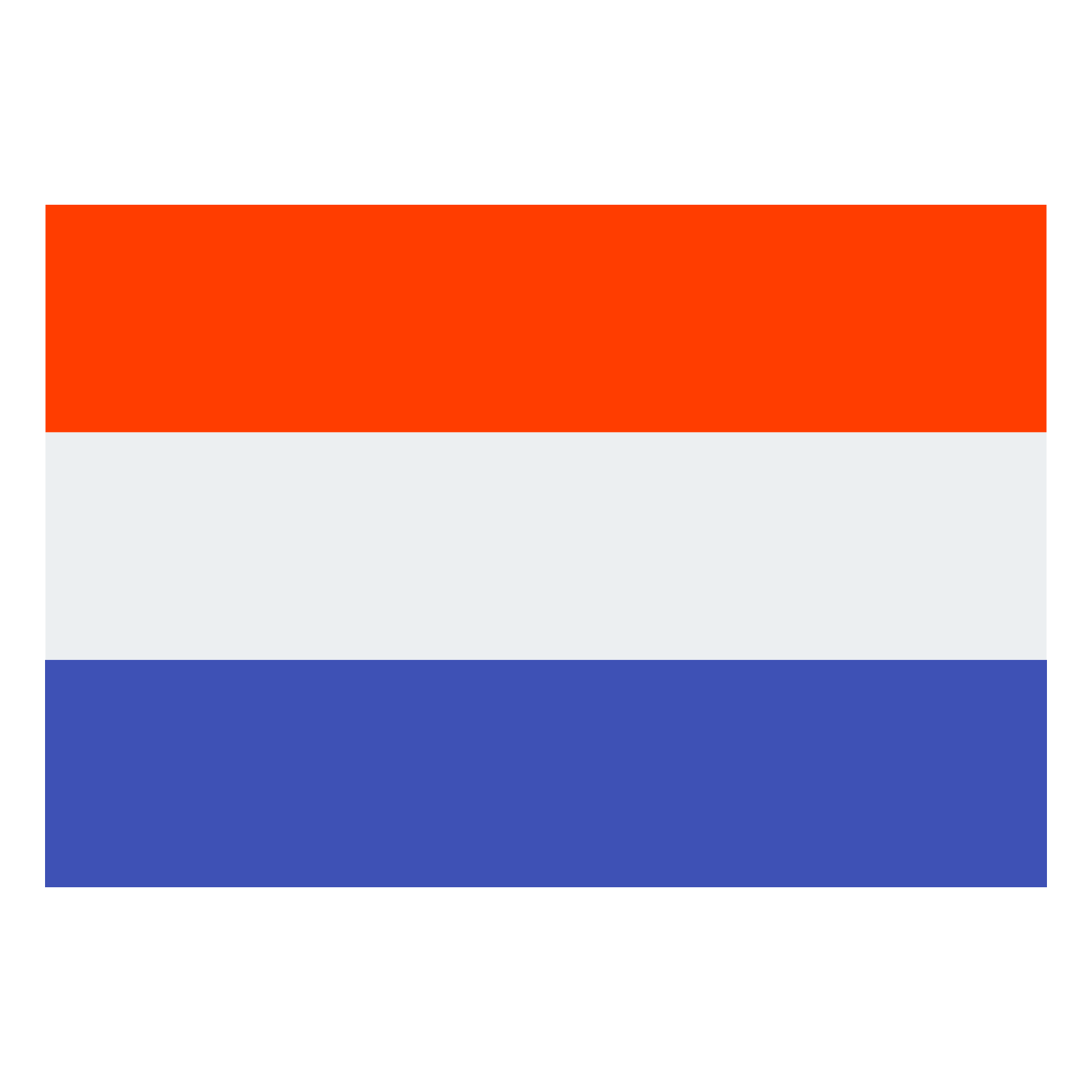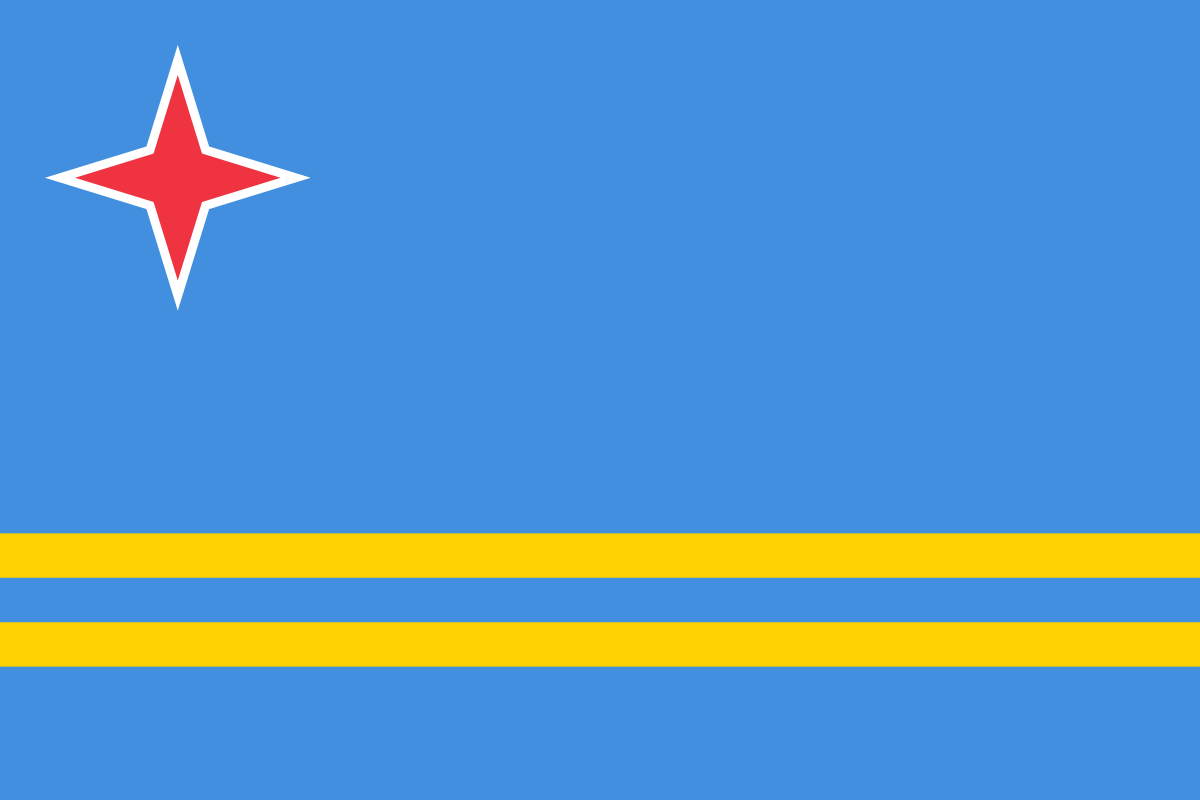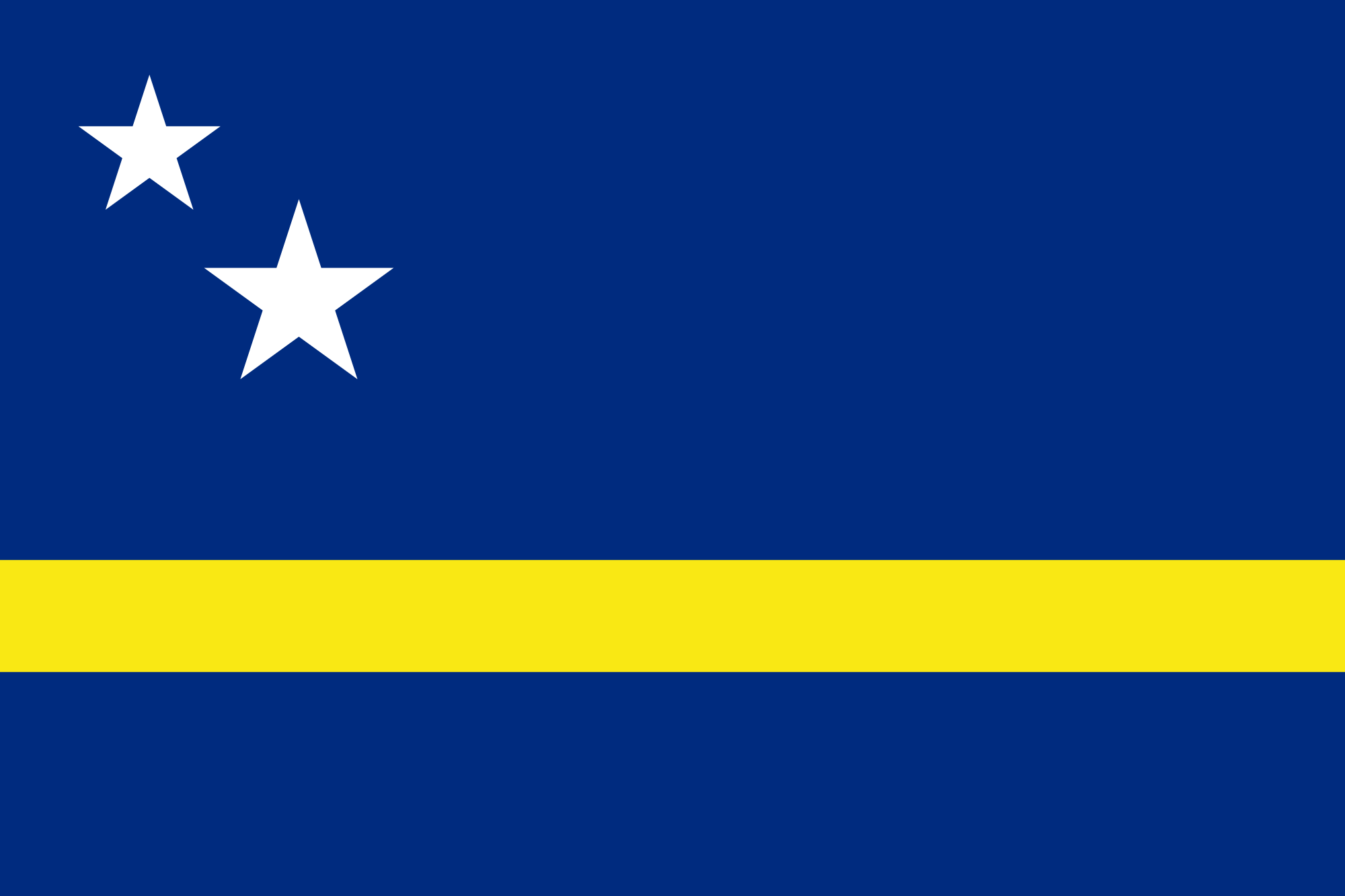Management Board
The Board was established by Kingdom Act and has been a part of the Common Court of Justice (further: the Court) since October 10th 2010. The Board actually has two main tasks. In the first place, it is the Court's operational management. Based on that task, the Board supervises the implementation of the annual plan and the budget, and the Board adopts the annual accounts of the Court. In addition, there are regular consultations with the Executive Board - about 5 to 6 times a year - on operational management policy issues such as the (further) implementation of a new IT system, personnel policy, financial policy and housing policy and the implementation thereof. In accordance with the Kingdom Act, the Board is also the formal employer of court officials and external clerks. The Board also regularly consults with the external auditor about his findings with regard to the functioning of the business operations.
The second task of the Board is that it consults with the Ministers of Justice of the countries on the (draft) budget and is accountable for the financial management of the Court. The Board is therefore actually the "linking pin" between the Board on the one hand and the Countries on the other. The Board forms the buffer between politics and independent justice.
Annual plan 2019
Annually, before the start of the new year, the Board appoints the most important themes that it wants to see realized. The main themes for the year 2019 concern:
- Further professionalize the organization, whereby it is important that the risks within the organization are reduced, and the administrative organization and internal control are improved;
- The completion of the implementation of a new case registration system, making it easier to oversee the progress of cases, and where efficiency gains are made in handling and handling cases;
- The establishment of a court academy, in which education and training is offered to the staff of the court, which should lead to an increase in professionalism.
Review cost prices
To finance the Court, a system is used whereby a cost price applies to the various cases. This cost price is multiplied by the number of cases that have been submitted per Country, the so-called inflow of cases, over a preceding period. This way, the Countries pay their annual contribution to the Court, on the basis of the incoming cases multiplied by the cost price.
The Kingdom Act requires the Court to recalculate and determine the cost prices once every three years. This process must be repeated for the year 2020 up to and including the year 2022. Based on interviews with a large number of employees within the Court, and on the basis of time measurement, it is determined how much time is spent on an average case per case category is spent. The costs of the Court, consisting of costs that can be directly and indirectly allocated per case category, are then allocated to the case categories based on the time spent. This creates the correct cost price for the new cost price period. During this process, an external accountant is involved, commissioned by the Board, who verifies whether the process is proceeding in accordance with legislation and regulations.
The members of the Management Board
.jpg)
F.l.t.r.: André Lievaart, Hans Janssen, Grace Maduro and Kelvin Bloyden
The members of the Board
The Board consists of four members: one member on behalf of the Land of Aruba, one member on behalf of the Country of Curaçao, one member on behalf of the Country of Sint Maarten and one member on behalf of the BES Islands. The members are nominated by the individual Countries and are appointed by a Royal Decree for a period of 5 years.
Mr. Hans Janssen RA
The chairman of the Board is Mr Hans Janssen RA. Mr Janssen is the member on behalf of the BES islands and lives in Woerden (the Netherlands). In daily life, Mr. Janssen is the non-judicial board member of the Amsterdam Court and is primarily responsible for the business operations and major projects (digitization and total relocation) of the Amsterdam Court. Based on his background and experience, Mr Janssen has a broad perspective on the management and management of (large) organizations (in change). Mr Janssen was appointed as a member of the Board in February 2016.
Mrs. Grace Maduro
The vice-chairman of the Board is Mrs. Grace Maduro, who, via reappointment, is also a member on behalf of the Land Aruba. Mrs. Maduro was chairman of the Board in the period 2010 to 2016. She is the owner and director of a large garden center in Aruba and, from her previous positions at, among others the Aruba hospital and at KPMG, specializes in organization and personnel policy. Mrs. Maduro has been a member of the Board since October 10th 2010 and was reappointed in 2016 for a period of 5 years.
Mr. Frank Hanze
In January 2017, Mr. Frank Hanze was appointed to the Board on behalf of the Country Curaçao. Mr Hanze is the legal specialist within the Board. Before Mr. Hanze retired, he worked, among other things, as a clerk of the States of the Netherlands Antilles. In addition to being a member of the Board, Mr. Hanze holds various managerial positions and has a broad network.
Mr. Kelvin Bloyden
Mr. Kelvin Bloyden has been a member on behalf of the Country Sint Maarten since 10/10/2010 and is deputy director of Windward Island Bank Sint Maarten in daily life. He has also held various managerial positions, including at GEBE, Telem, Harbor and SLS. Mr. Bloyden is the financial specialist from his position and has a broad network, both on Sint Maarten and on Curaçao. Mr. Bloyden was reappointed in 2016 for a period of 5 years.
Mr. André Lievaart
The Board is assisted by a secretary. The secretary maintains daily contacts with the Board and the Countries, and ensures that the members of the Board have the correct information. The position of secretary is a part-time position and is held by Mr. André Lievaart.




